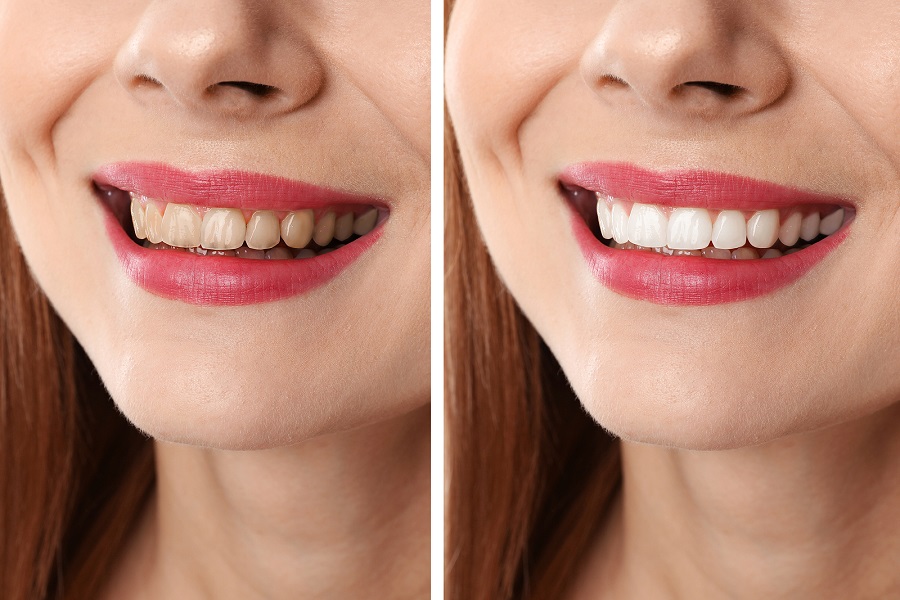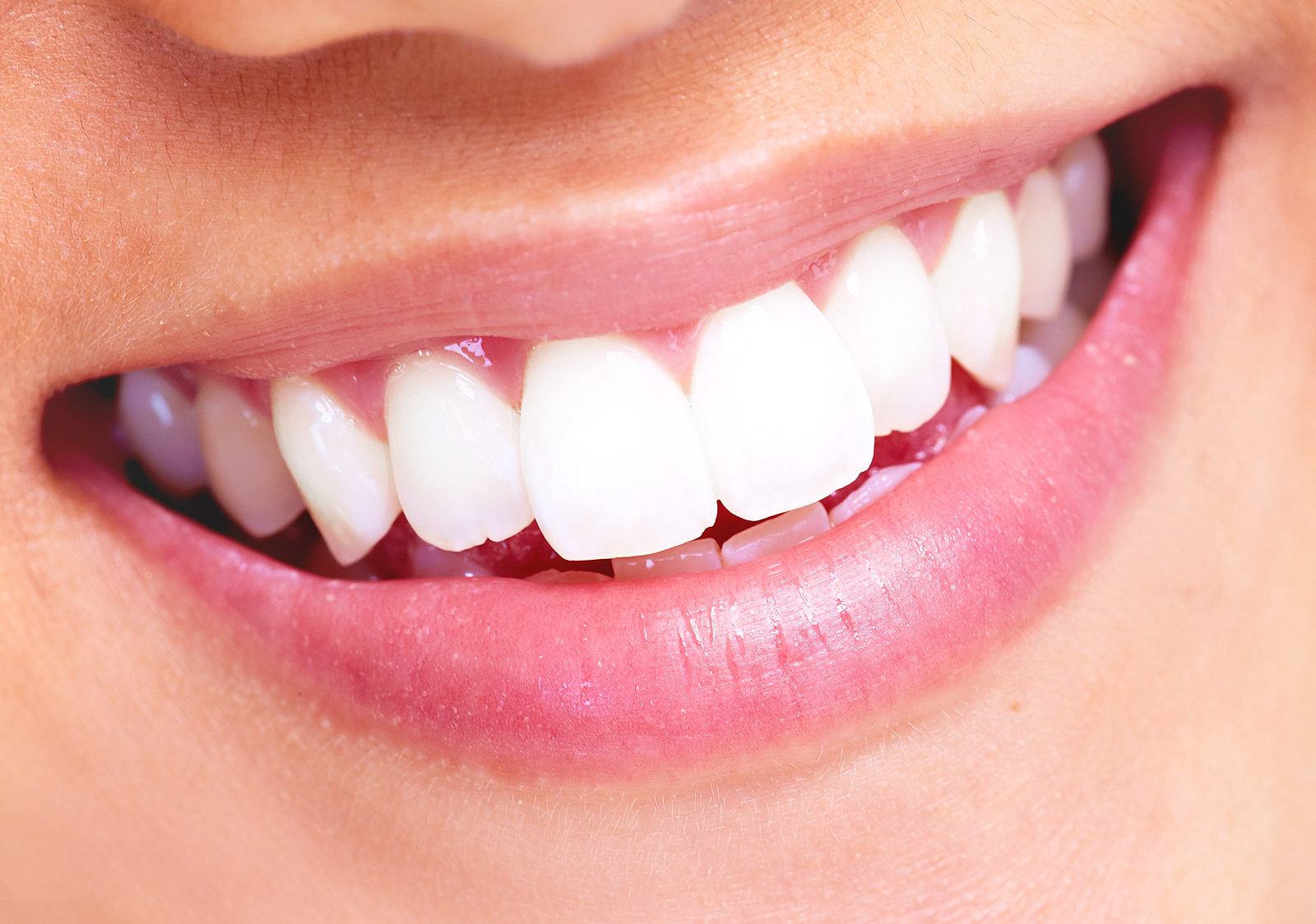DENTAL FAQS: DO YOU REALLY NEED TO FLOSS?
Q: I BRUSH MY TEETH REGULARLY, DO I REALLY NEED TO FLOSS AS WELL?
A: As most adults know, the American Dental Association (ADA) recommends that you brush your teeth twice a day, once in the morning and once in the evening. However, many adults aren’t aware of a second ADA recommendation to floss at least once a day. Most patients have been chided by their dentist for answering “no” to the question “have you been flossing your teeth on a regular basis?”, but few patients know the true benefits and health implications that surround the need to floss regularly. Though flossing is often an afterthought in an oral hygiene routine, it truly should rank right behind brushing twice daily. While brushing accurately addresses the surfaces of the teeth and gums, flossing specifically addresses the hard to reach and clean tight spaces between teeth and gaps in the gums. As a result, only the combination of brushing and flossing can ensure food remnants and tartar build up are removed from the mouth. In combination with the use of mouthwash, brushing and flossing are part of the oral hygiene trifecta. A good dental care routine, which includes visiting the dentist for regular checkups, brushing, and flossing, has been proven to help maintain a healthy and happier smile. A healthier mouth can also assist in preventing more serious health problems and diseases, which can even be life threatening in some cases. If you need any more reasons why flossing should become part of your daily oral care routine, here are 5 reasons why:
1. FLOSSING PROTECTS YOUR GUMS:
The areas of the mouth were flossing counts the most are gaps between teeth or between the teeth and gums. If food particles get permanently lodged in such hard-to-reach areas, plaque will harden and grow to form tarter, which only your dentist will be able to remove during a dental cleaning. If this tartar build up isn’t addressed in a timely fashion, it can lead to gingivitis, which as the first stage of gum disease consists of swollen, red gums. If neglected even further, this can lead to periodontitis, which is dangerous gum disease that consists of severe inflammation of the gums, characterized by sensitive, bleeding gums, and eventual tooth and bone loss.
2. FLOSSING SAVES YOU MONEY:
By making flossing part of your daily oral hygiene routine, which also includes brushing and mouthwash, you will not only protect your dental health, but also your wallet. Dental preventative care in the form of your daily routine, as well as regular dental checkups with your dentist, will pay off in the long run by preventing more serious dental conditions, such as gum disease or tooth loss, which require expensive treatments to repair or replace teeth.
3. FLOSSING AND BRUSHING ARE MOST EFFECTIVE TOGETHER:
Brushing your teeth with a toothbrush is very effective in removing plaque build up, which is a bacteria-laden layer that sticks to your teeth. The use of toothpaste with fluoride while brushing helps reduce bacteria in the mouth even further. However, brushing doesn’t always remove plaque or food residue from between teeth or gaps between teeth and the gums. Flossing regularly ensures that these hard-to-reach areas overlooked by brushing are addressed, in order to keep your mouth clean and bacteria-free. For optimal results, floss before brushing.
4. FLOSSING PREVENTS TARTAR BUILD UP:
Tarter, which is the hardened plaque build up found on teeth around the gum line, can only be removed by your dentist or dental hygienist once it has formed. The scraping it takes to remove it, called periodontal therapy, is not a comfortable process. A great step to prevent things from getting to that point is the addition of flossing to your daily dental routine. By combining flossing, brushing, and mouth washing, you can prevent plaque build up, in order to never have to deal with tartar in the first place.
5. FLOSSING HELPS PREVENT OTHER DISEASES:
Plaque build up is nasty, tarter removal is very uncomfortable, but gum disease and tooth loss can lead to major issues that are expensive to address or impossible to reverse. Tooth loss can lead to the deterioration of the jaw bone, which in turn can lead to the weakening and loosening of surrounding teeth for further tooth loss. Inflammation and periodontal disease, a disease of the mouth, gums, and teeth, is believed to contribute to life-threatening diseases and health conditions, including heart disease. By flossing on a daily basis, as recommended by the ADA, in tandem with brushing and rinsing with mouthwash, you can ensure that your mouth is healthy and clean for a more radiant and happier smile.






















0 comments